Coenzyme Q10 and glycemic control. Blood sugar control. Diabetes. All topics on our minds as we get older.
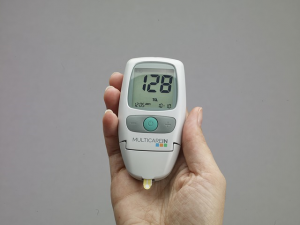
In the US, blood sugar is normally measured in milligrams of glucose per deciliter of blood (mg/dl). Normal, non-diabetic blood glucose levels are, ideally, between 70 and 130 mg/dL before meals and less than 180 mg/dL two hours after a meal. The HbA1C level should typically be less than 7 percent [AHRQ 2022]. Outside the US, blood sugar is often measured in mmol/L. The mmol/L value can be calculated from the mg/dL value by dividing the mg/dL by 18. 1 mmol/L equals 18 mg/dL.
The authors of the meta-analysis suggest that the nutrition guidelines for patients with glycemic disorders include a recommended daily intake of Coenzyme Q10 [Liang 2022].
The Coenzyme Q10 and Glucose Control Study
In the analysis of the pooled data from the 40 randomized controlled trials, the researchers saw the following significant associations [Liang 2022]:
- CoQ10 supplementation significantly reduced fasting glucose
- CoQ10 supplementation significantly reduced fasting insulin
- CoQ10 supplementation significantly reduced HbA1c percentages
- CoQ10 supplementation significantly reduced HOMA-IR
Note: HbA1c tests show the average level of blood sugar over the previous two to three months.
Note: HOMA-IR tests show the extent of any insulin resistance that the patients may be experiencing.
Effect of CoQ10 Supplementation on Glucose Control
In diabetes patients, the CoQ10 supplementation had a greater effect on the above-mentioned outcomes than it did in non-diabetic study participants [Liang 2022].
The research showed a U-shaped dose-response relationship curve with 200 mg of Coenzyme Q10 per day at the bottom of the U – meaning the lowest values for fasting blood sugar, fasting blood insulin, and insulin resistance occurred in study participants taking 200 mg/day [Liang 2022].
Daily supplementation with 100-200 mg/day of Coenzyme Q10 was sufficient to decrease fasting blood glucose levels, fasting blood insulin levels, blood HbA1c percentages, and HOMA-IR scores [Liang 2022].
Rationale for CoQ10 Supplementation of Diabetic Patients
Question: Do patients with type-2 diabetes need to consider consulting a physician about taking a CoQ10 supplement?
- Yes, CoQ10 supplements are safe and well-tolerated with no significant adverse effects associated with long-term use.
- Yes, CoQ10 supplements can significantly improve glycemic control.
- Yes, Coenzyme Q10 in the oxidized form, ubiquinone, is essential for cellular energy metabolism.
- Yes, Coenzyme Q10 in the reduced form, ubiquinol, is an important antioxidant, reducing the extent of oxidative damage.
- Yes, Coenzyme Q10 has anti-inflammatory effects.
- Yes, Coenzyme Q10 improves endothelial function.
- Yes, CoQ10 supplementation may be especially important for patients with type-2 diabetes who are taking a statin medication [Mantle 2017].
Conclusion: CoQ10 Supplementation and Blood Sugar and Insulin and Diabetes
- The meta-analysis of the data from 2,424 study participants in randomized controlled trials shows that CoQ10 supplementation has beneficial effects on blood sugar control, both in non-diabetic study participants and in diabetes patients [Liang 2022].
- Supplementation with 200 mg/day of CoQ10 seems to be sufficient to achieve a significant benefit [Liang 2022].
N.B. Not all commercially available CoQ10 supplements have equally good absorption and bioavailability. The reason is that the formulation – the choice of carrier lipids and the method of heating and cooling – differs from one CoQ10 product to another [Lopez-Lluch 2019].
The money-wise consumer will search for a CoQ10 supplement that has documented absorption and documented clinical effects.
Marketing claims to the contrary, there is no need to buy a ubiquinol supplement – a well-formulated ubiquinone CoQ10 supplement will significantly increase the level of ubiquinol in the plasma and in the lipoproteins in the blood [Mantle & Dybring 2020].
Sources
AHRQ. Agency for Healthcare Research and Quality. Glucose Control Factsheet. 2017. Retrieved from https://www.ahrq.gov/hai/tools/surgery/tools/surgical-complication-prevention/glucose-control-factsheet.html.
Liang Y, Zhao D, Ji Q, Liu M, Dai S, Hou S, Liu Z, Mao Y, Tian Z, Yang Y. Effects of coenzyme Q10 supplementation on glycemic control: A GRADE-assessed systematic review and dose-response meta-analysis of randomized controlled trials. EClinicalMedicine. 2022 Aug 3;52:101602.
López-Lluch G, Del Pozo-Cruz J, Sánchez-Cuesta A, Cortés-Rodríguez AB, Navas P. Bioavailability of coenzyme Q10 supplements depends on carrier lipids and solubilization. Nutrition. 2019 Jan;57:133-140.
Mantle D, Dybring A. Bioavailability of Coenzyme Q10: An Overview of the Absorption Process and Subsequent Metabolism. Antioxidants (Basel). 2020 May 5;9(5):386.
Mantle D. Coenzyme Q10 supplementation for diabetes and its complications: an overview. British Journal of Diabetes. 2017;17(4):145-148.
The information presented in this review article is not intended as medical advice and should not be used as such.
1 October 2022


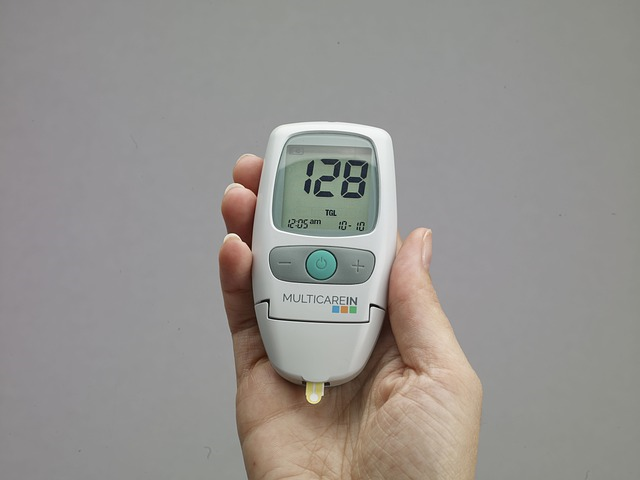
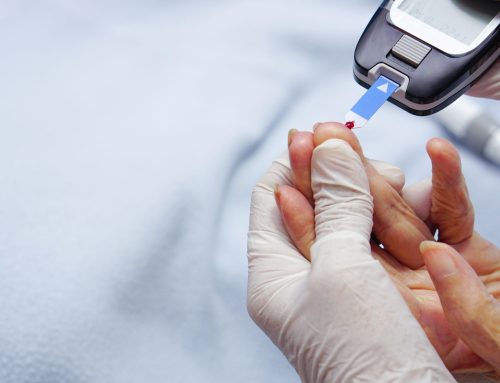
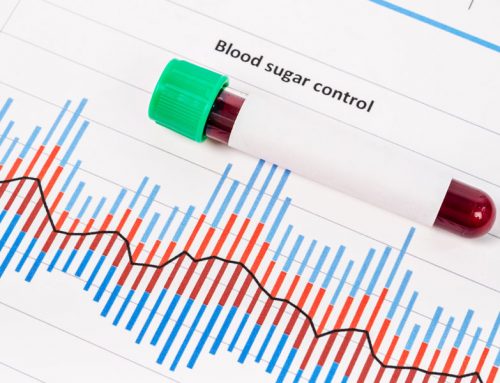
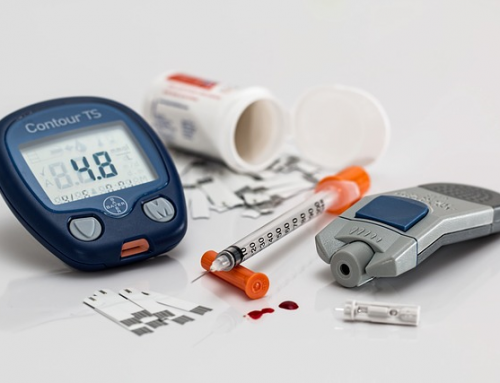
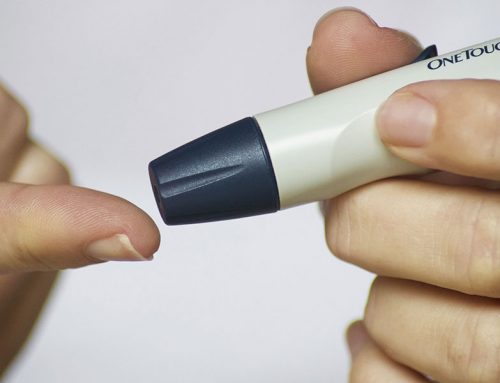

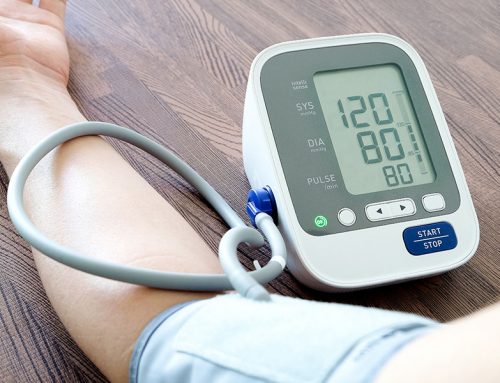
Thank you for posting this information i have been struggling with type-2 and looking for things to try, will find quality product and ser how it hoes as the Monjaro i was taking took me to a new land of side effect to even include metal issues, including depression, the stomach pain, and weird bowl movements were very controlling and stop me from completing tasks at all, so will give this a try ! As my type-2 provlem is at night when i get up my sugar is high, but thru the day its reasonable , thank you for the great website with lots of useful information! Cheers
Dear Jason –
I wish you good luck and all success in getting your blood sugar under control.
Best regards,
Richard